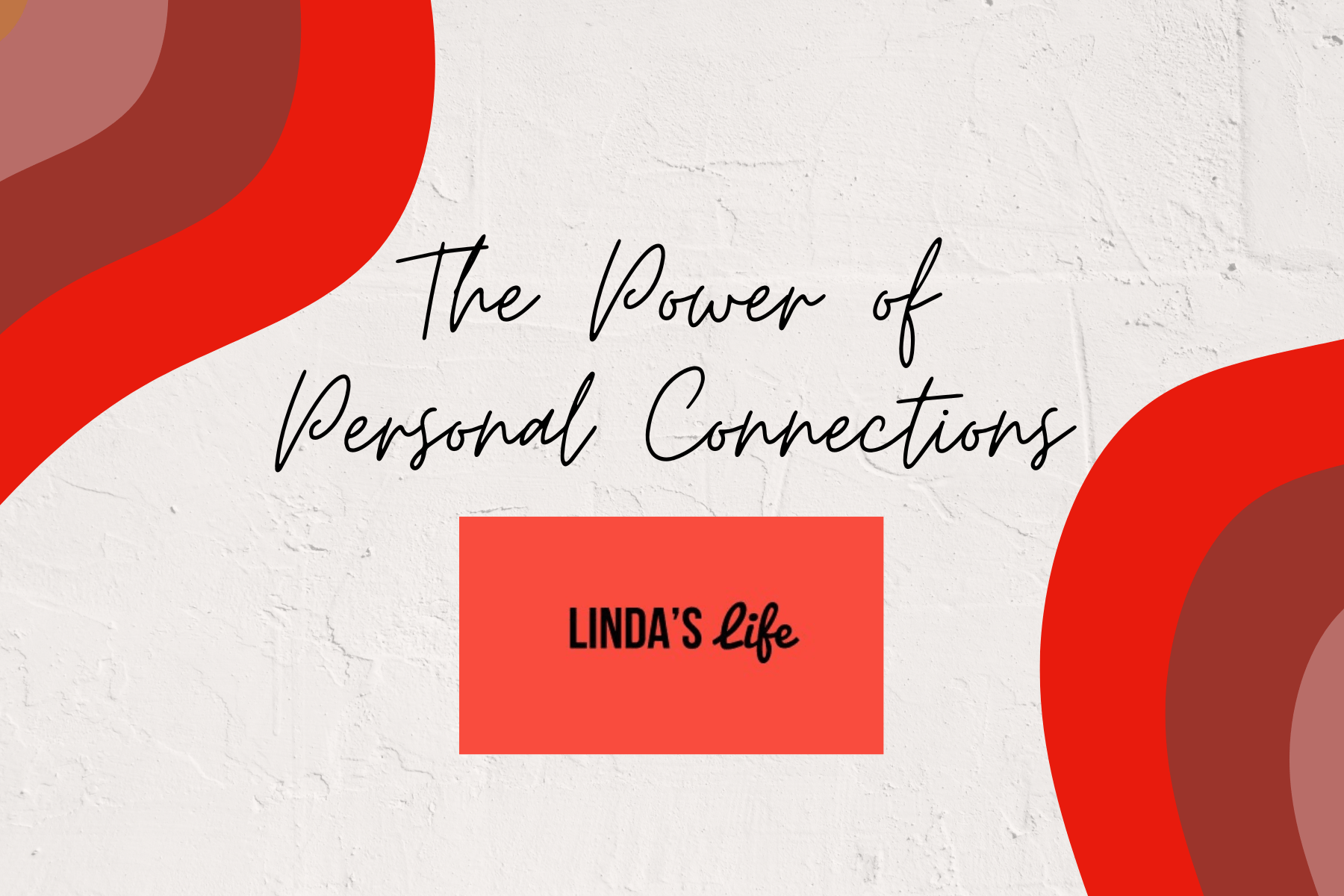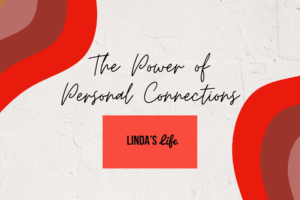
I was a recent speaker at a gathering of influential community leaders and philanthropists, and I was horrified to hear the lament of many. They weren’t ‘feeling the love’ from the charities they care the most about. Instead of warm and loving calls and engagement, they were receiving on going digital appeals after appeals.
In the digital age, where technology dominates our lives, it is easy to overlook the value of personal connections and relationships. However, in the realm of non-profit fundraising, human interactions and genuine relationships remain vital for success.
It is vitally important for fundraising leaders to continue to establish trust and credibility. It’s the foundation of fundraising. In my day-to-day life as a charity leader, I spent most of my time with donors who I considered friends, my best of friends. When donors have a personal relationship with an organization or its representatives, they feel more confident about where their contributions are going. Building trust takes time and effort, many, were the weekends away from family, nurturing and loving my donor friends. This is the life of a charity leader. By fostering personal connections, non-profits can demonstrate their commitment to transparency and accountability, ultimately inspiring confidence in their mission.
Personal connections allow non-profit organizations to tap into the power of emotions and storytelling. When fundraisers establish meaningful relationships with donors, they have the opportunity to share compelling stories that resonate on a personal level. Emotional engagement creates a deeper connection, as donors feel a sense of empathy and understanding towards the cause. This personalized approach demonstrates that donors are not just a source of funding but valued partners in the mission. By recognizing the unique needs and preferences of donors, non-profit leaders can foster stronger relationships and increase donor loyalty.
Yes, its true that technology may enable quick and efficient communication, but it most often lacks the depth and personal touch that fosters long-term relationships. Personal connections allow fundraisers to engage with donors beyond the initial donation, providing updates, expressing gratitude, and involving them in the organization’s progress. This sense of community strengthens the bond between donors and the organization, creating an environment of support, collaboration, and shared purpose.
In the end, while technology undoubtedly plays a significant role in non-profit fundraising, personal connections and relationships are the secret sauce to success. The power of trust, emotional engagement, tailored campaigns, nurturing long-term relationships, and creating a sense of community cannot be underestimated. Non-profit organizations that prioritize building genuine connections with donors will not only secure vital financial support but also cultivate a network of dedicated advocates who believe in their mission and have a shared commitment to making a meaningful impact on the world.

